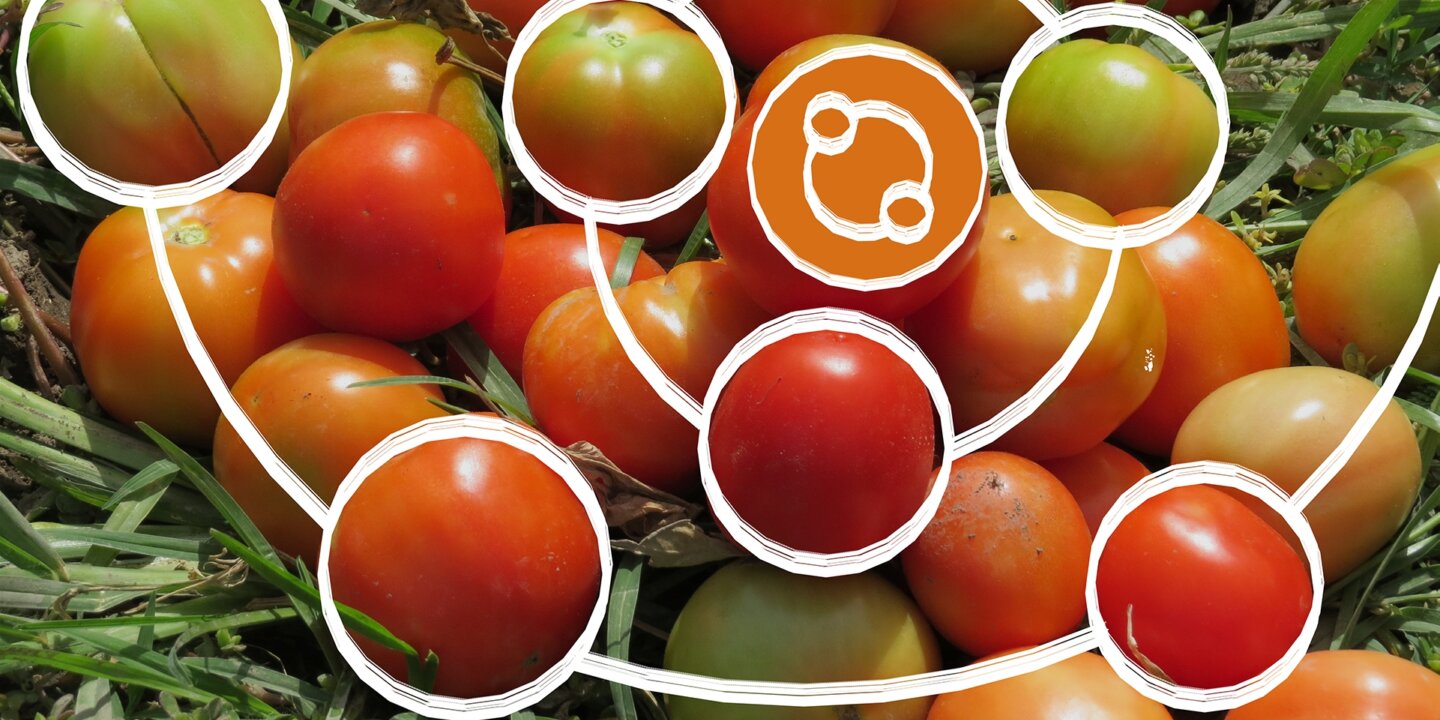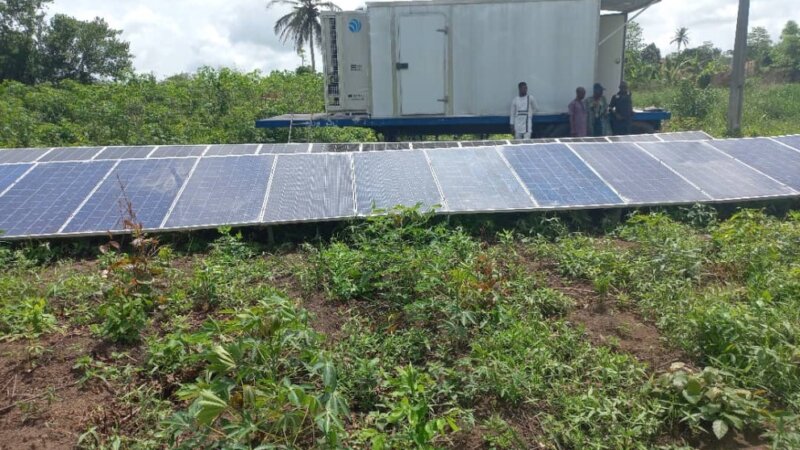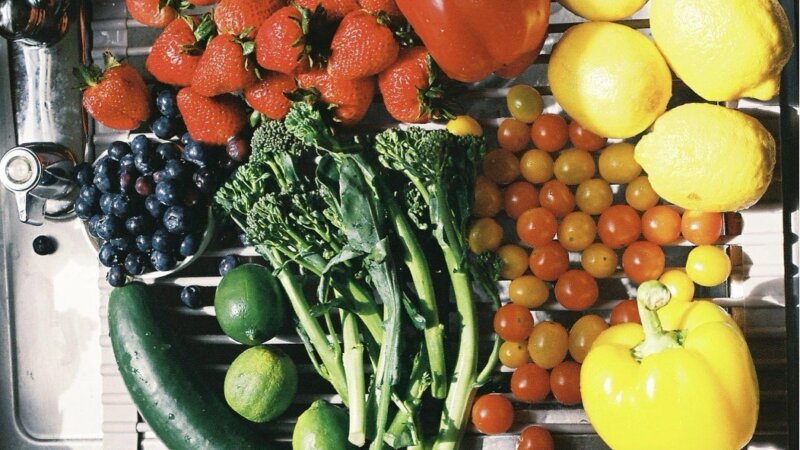The 2024 food systems e-course takeaways

Think of your work portfolio. And think of your expertise and interest in food systems transformation. Where and how can you make an influence? This was one of the many discussion points entertained during the food systems e-course organized by Netherlands Food Partnership (NFP) and Wageningen Center for Development and Innovation (WCDI) for a period of five weeks in February and March, 2024. 800 participants took part, selected out of 2200 registered applicants, from over 80 countries in the world. The e-course offered systems thinking and systems dynamics approach on agriculture, food value chains, and food and nutrition security. It also presented skills and tools to transform food systems in an innovative, inclusive and sustainable way.
So, where and how do individuals feel they can make a difference?
Joseph Musara is a value chain development expert in a policy analysis think-tank in Rwanda. He asserts building trust and designing market incentives are the two essential elements that make an arrangement feasible.
Kafayat Adebayo, Assistant Director at Department of Public Health of the Federal Ministry of Health, Nigeria, works with different schools on their school feeding services. She approaches food systems transformation at the awareness creation and behavioral change level by conducting detailed reviews, establishing collaborations, and implementing pilot studies.
The Content
The food systems e-course has four modules open to participants on a weekly basis. The topics are: “Why does a food systems approach matter?”, “Making food systems analysis work”, “The process of transforming food systems”, and “Governance of food systems transformation”.
Participants have diverse origins and backgrounds. They are from government organizations, development agencies, knowledge institutions, private companies, farmers’ organizations, and consumer associations. They had the opportunity to explore a wealth of resources and interact with different experts and practitioners. Most importantly, it was a platform to analyze their own potential and practical contribution towards food systems transformation in their respective line of work.
Lieve Claessen works at The ReFood Network and assists a group of organic farmers around Turnhout, Belgium to form a Re(generative)Food Community. She says, “Most farmers do not have an understanding of food system transformation to see the bigger picture of working together with all local food stakeholders.” For this reason, Lieve emphasizes, it is important to offer transition pathways and to build trust in the group.
Interactive Approach
There are 10 to 12 exercises under each module that provide relevant tools, resources, and interactive exercising spaces. Each exercise prompts discussion points or questions to participants which stimulates peer-to-peer learning. Participants proceed to the next module after completing course contents of a previous module and its gate assignment. The e-course integrates a separate “Open Space” where participants make interactive discussions on topics not covered by the modules. They have shared their current food systems transformation or related projects, additional relevant resources, and even their local dish recipe.
Live plenary sessions (webinars) are also among the insightful and informative elements of the food systems e-course. Four webinars are organized based on the topics of each module which offer broader conversations with seasoned professionals and international experts on food systems. The recorded versions of these webinars are available for everyone on the NFPConnects.
Responsible Use of AI
NFP and WCDI have been organizing the food systems e-course for five years consecutively. This year’s fifth edition introduced a new procedural guidance, the AI Manifesto, which promotes responsible use of Artificial Intelligence (AI). The AI Manifesto presents the procedure where responsible use of AI is allowed and simple copy-pasting is prohibited. In addition to the usage rules, the e-course included exercises where participants practically experiment with AI.
Participants also shared their experiences and concerns in using AI-based Large Language Models (LLM), such as ChatGPT and Google Bard. Innocent Ociti from Uganda said, “I am a staunch advocate for AI and I strongly believe it's here to help us.” She added, “We should use it as an assistant, not as a platform where we solely rely on for all information we need.”
The Reward
The e-course platform generates a “Leader Board” based on a learning experience point that records participants’ interaction and progress. This made the journey of participants more fun and enjoyable. On top of that, all participants who complete the mandatory e-course requirements receive a Certificate of Completion. But these are all extras. The actual reward is the journey through the e-course itself and the insights on how they can contribute to food systems transformation in their respective circumstances, organizations, and countries.
Author

Gizaw Legesse
Content Creator





